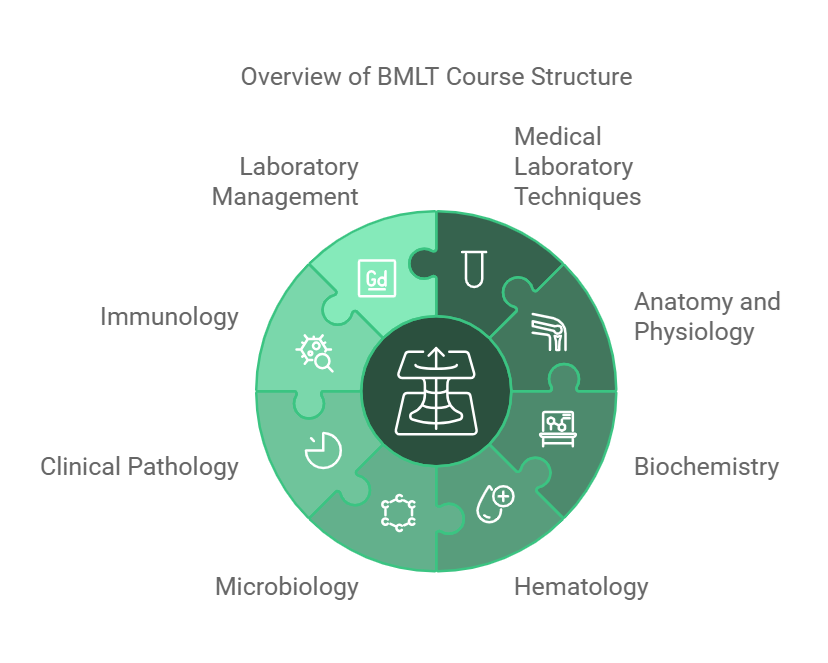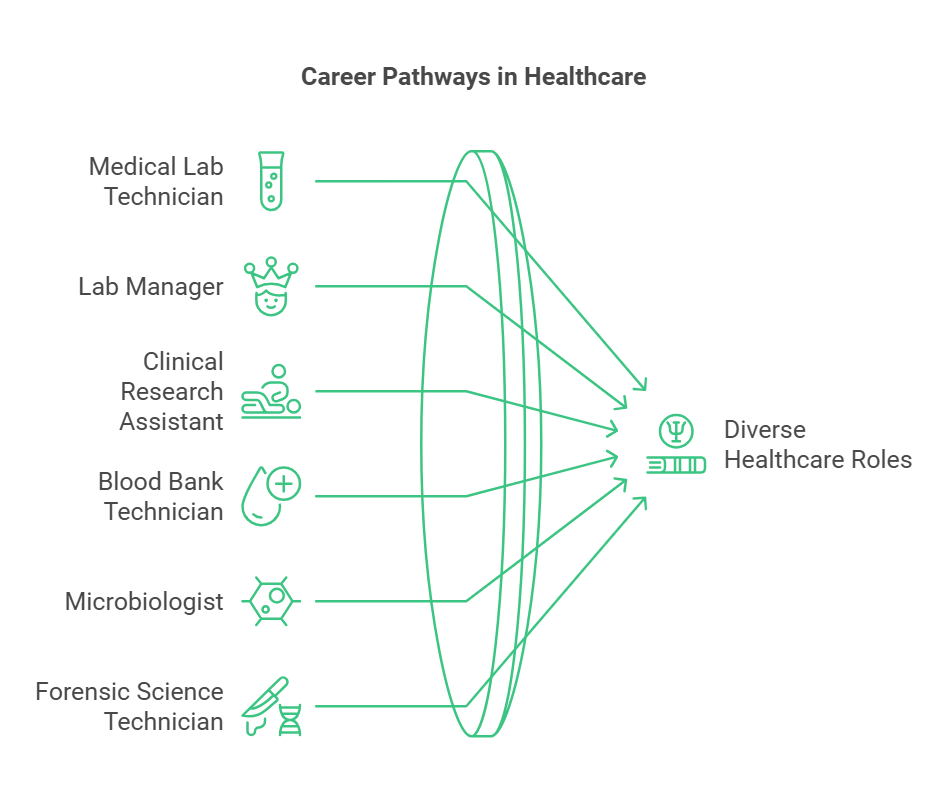
The BMLT course (Bachelor in Medical Laboratory Technology) is a 3-year undergraduate course offered at KIIMS Dehradun, which aims to groom the students for a career in medical laboratory science.
In this BMLT course, students’ training encompasses theoretical background as well as practical experience, thereby allowing them to carry out the most critical diagnostic test and actively participate in patient care. Get the complete BMLT course details in English pdf form.
BMLT Course Details in English
With the development of medical and diagnostic technologies, the need for proficient BMLT professional is increasing exponentially. Here, we will present detailed BMLT course information as English language courses, including criteria, course content, career planning, and others in this article.
What is the BMLT Course?
The BMLT course is based on the training of students to perform medical laboratory procedures, diagnostic tests, and the use of the advanced laboratory equipment. Students acquire the ability to interpret lab test data, which is fundamental for the diagnosis of many diseases and health problems.
Professionals in BMLT are in demand in medical care organizations (e.g., hospitals, diagnostic laboratories, and research laboratories).
By the end of this course, students are able to acquire all the skills required for performing blood/urine tests and microbiological analyses and caring for laboratory equipment. BMLT graduates are equipped to make a contribution to health care teams in the maintenance of diagnostic test accuracy and reliability.
Eligibility Criteria for BMLT
Applicants must fulfil certain eligibility criteria to apply for a BMLT course. They may differ from institution to institution, but the following guidelines apply:
- Educational Qualifications: Students should have attained 10+2 general education with Physics, Chemistry and Biology as compulsory subjects. There might be institutions, for example, which accept students with a mathematics background, too.
- Minimum Marks: The standard of at least 50% in the 12th grade is commonly expected, but there may be higher cutoffs in some institutions depending on demand and competition
- Age Limit: Conventionally, there is no strict age restriction, but there is a general limit, roughly 25 years, given to applicants at some institutions.
BMLT Course Details in English : Duration and Structure

The BMLT course generally covers three years and consists of six semesters. Theoretical classes and practical sessions are included in the curriculum, enabling trainees to experience in medical laboratories as a clinical. Some core subjects covered during the BMLT course include:
Medical Laboratory Techniques:
Emphasis on the laboratory procedures applied to disease diagnosis like blood, urine tests and microbiological screenings.
Anatomy and Physiology:
Understanding human body structure and function is critical for interpreting test results in terms of human physiological systems.
Biochemistry:
This biochemistry encompasses chemical reactions that take place in the human body, such as hormone detection and metabolism.
Hematology:
Research into diseases involving blood and analysis of blood samples to look for blood disorders such as anemia, leukemia, etc.
Microbiology:
Students train to recognize pathogens such as bacteria, viruses, and fungi, which is essential for detecting infectious diseases.
Clinical Pathology:
In this course the principles of laboratory tests and diagnostic criteria are taught in the context of disease diagnosis and clinical test interpretation.
Immunology:
Students are taught about the immune system and its disease preventive function, which is relevant to interpreting test results.
Laboratory Management:
Lab operations, for example, equipment maintenance, quality control, and safety protocols.
Forensic Science:
For instance, these programs contain forensic science (to teach the students the application of laboratory analysis in legal investigations.
Skills Acquired During the BMLT Course
The BMLT course helps students develop various technical and analytical skills essential for medical laboratory work. Some of the key skills include:
Technical Proficiency:
Handling lab equipment such as microscopes, centrifuges, and automated analyzers, and conducting diagnostic tests like blood and microbiological exams.
Analytical Skills:
Analyzing and interpreting test results to assist doctors in diagnosing diseases accurately.
Attention to Detail:
Precision is crucial in laboratory work, and students learn to carefully handle samples and record accurate data.
Problem-Solving Skills:
Identifying issues in test procedures, equipment failures, or inconsistent results and finding solutions quickly.
Communication Skills:
Effective communication is necessary for presenting test results, collaborating with medical teams, and ensuring that lab reports are understood by healthcare professionals.
Career Opportunities After Completing the BMLT Course

The healthcare industry’s growing demand for medical laboratory technicians has created numerous career opportunities for BMLT graduates. Some of the key roles include:
Medical Laboratory Technician:
The primary role of BMLT graduates, performing diagnostic tests, analyzing samples, and preparing reports.
Lab Manager:
Experienced BMLT professionals can move into management positions, overseeing lab operations, ensuring quality standards, and managing lab staff.
Clinical Research Assistant:
BMLT professionals can work in research labs, assisting with clinical trials and studies related to new medical treatments and technologies.
Blood Bank Technician:
Specializing in the collection, storage, and testing of blood and blood products in donation centers and hospitals.
Microbiologist:
Those with an interest in microbiology can work in research or diagnostic labs, studying pathogens and helping develop treatments for infectious diseases.
Forensic Science Technician:
For those interested in criminal investigations, BMLT graduates can work in forensic science, analyzing evidence for legal purposes.
Hospital Laboratory Technologist:
Many hospitals employ BMLT professionals to conduct diagnostic tests and provide critical support in patient care.
Higher Studies After BMLT
BMLT graduates looking to expand their knowledge and advance in their careers can pursue various higher education options, including:
M.Sc. in Medical Laboratory Technology:
A natural progression for students interested in specializing in fields like hematology, biochemistry, or microbiology.
M.Sc. in Clinical Research:
This program prepares graduates for roles in clinical research, helping to develop new treatments, medical devices, or drugs.
MBA in Hospital Management:
For those interested in leadership roles in healthcare, an MBA with a focus on hospital or healthcare management can lead to executive positions.
Ph.D. in Medical Sciences:
For those passionate about research, pursuing a Ph.D. in medical sciences, focusing on laboratory technology or diagnostic procedures, is a rewarding option.
Conclusion
The BMLT course at KIIMS Dehradun provides strong base for the students who intend to do career in medical laboratory.
Through the acquisition of an appropriate blend of technical knowledge and practical skills, graduates are prepared to perform successfully across a wide range of diagnostic and clinical environments.
In addition to providing career potentials, the course also seems to be conducive to academic development.
Being passionate about the healthcare and medical science we provide BMLT course details in English of KIIMS Dehradun. It is a right choice that could lead to a meaningful future career in the medical profession.
As the need for skilled professionals is growing, graduates of BMLT from KIIMS Dehradun are equipped to play their part to ever-changing healthcare community.

